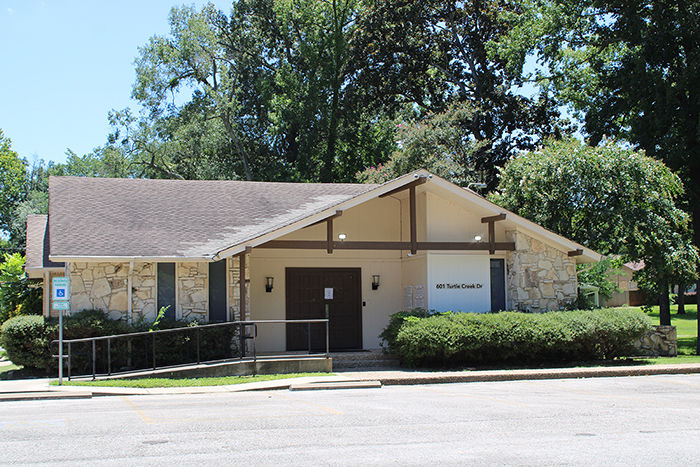Venezuela fails its economics lessons
Published 7:26 pm Tuesday, December 2, 2014
How’s the Christmas season going in Venezuela? Not so good, according to news reports and now even the Washington Post editorial page.
“The price of Venezuela’s heavy oil dropped below $70 a barrel last week, compared with an average of $98 in 2013,” the Post opined last week. “Balancing the government’s budget requires a price of $120 at the current exchange rate, according to the International Monetary Fund. However, rather than allowing its currency to decline like the ruble, the government of Nicol£s Maduro has insisted on maintaining a fixed, multiple-tier exchange rate system that vastly undervalues the dollar.”
Trending
You’ll recall that Venezulea’s leaders declared that everyone would have a merry Christmas — or else. A set of strict price controls was implemented for toys and gifts.
“Venezuela’s socialist government has long imposed price caps on essential products, from milk to laundry detergent, and threatened merchants who hoard goods or sell them at unfairly high margins with jail time,” the Associated Press reported in November. “Now President Nicol£s Maduro is making the Barbie doll, often derided by leftists as a training tool for capitalist consumerism, a highlight of this year’s ‘Operation Merry Christmas,’ which he presented as an effort to prevent speculators from ruining the holidays.”
The problem here is that price controls — always and everywhere — have one effect. They create shortages. People buy up items that are artificially cheap (so that demand skyrockets), while producers, who can’t make money on the items, stop producing them (so that supply plummets).
These aren’t unexpected or unique effects, as economist Thomas Sowell points out.
“Prices are not just arbitrary numbers plucked out of the air or numbers dependent on whether sellers are ‘greedy’ or not,” he wrote recently. “In the competition of the marketplace, prices are signals that convey underlying realities about relative scarcities and relative costs of production. Those underlying realities are not changed in the slightest by price controls. You might as well try to deal with someone’s fever by putting the thermometer in cold water to lower the reading.”
The effect of price controls in socialist Venezuela is clear. The economy is tanking.
Trending
“The result is staggering economic disarray in what was once Latin America’s richest country,” the Post’s editorial notes. “Basic goods — cooking oil, rice, coffee, sugar, corn flour and even toilet paper — have become scarce, even as inflation soars above 60 percent. Venezuelans routinely line up for hours outside stores in the desperate attempt to obtain food and other essentials.”
This is important because it represents a real threat to regional stability. Oil prices are falling, and due to Saudi Arabia’s decision last week to keep up production, those prices aren’t going up anytime soon. That means things will get worse for the Venezuelan economy and for ordinary citizens there.
As Venezuelan economist Angel Garcia Banchs told NBC News recently, “What’s coming to Venezuela is chaos that will probably lead to barbarity and people looting.”
In the past, the Venezuelan government has responded with military crackdowns. We can hope for restraint this time.







